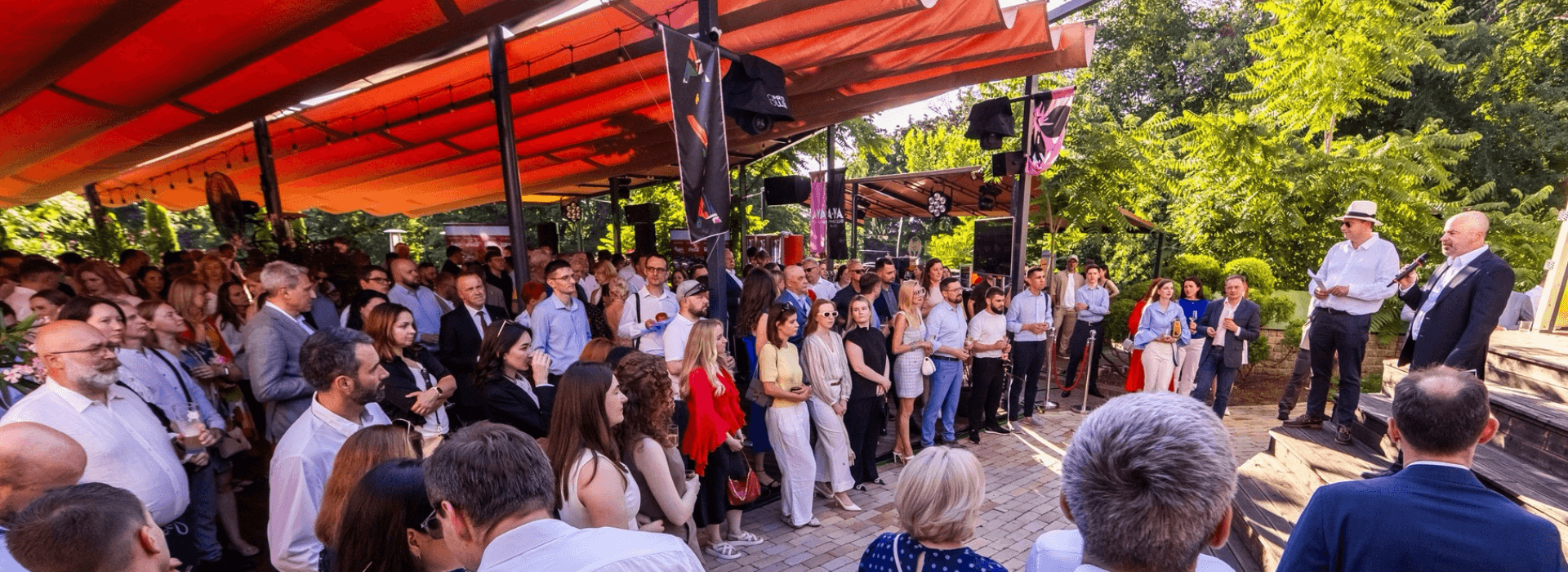Kyiv, 20 March 2020
The American Chamber of Commerce in Ukraine, together with AmCham member company Deloitte, conducted the second Ukraine COVID-19 Business Impact Survey.
104 representatives from 96 organizations took part in the survey, conducted on March 19, 2020. Almost three-quarters of survey respondents are CEOs (71%). The survey includes representatives of professional services, consumer products, IT, telecommunications/media, and other companies, representatives of small organizations with up to 100 employees (40%), and medium and large companies with more than 500 and 1000 employees. (accounting for 29% of respondents).
More than half of the surveyed companies (64%) are ready to support society in protecting against COVID-19. One third is ready to provide financial assistance (32%), the rest of the respondents are ready to provide protection means (20%), medical devices (10%), and medicines (6%). Other options for assistance include information support, IT services, consulting and legal services, the provision of free goods (food, water, cleaning and laundry, etc.).
The vast majority of respondents indicated that they are already assisting society in the form of protection means (27%), financial support (20%), medical devices (5%), and medicines (3%). Other types of assistance included consulting, information services, working with ministers, municipalities and regional offices, free products, and more.
Respondents note the equally high degree of impact on their business of such challenges as the spread of COVID-19, the crisis on the international financial markets, lack of cooperation with the IMF, and default risk.
According to the respondents, the most effective government's measures taken to prevent the spread of COVID-19 is the permission to conduct banking and insurance activities and permission to trade in food, fuel, hygiene, medicines, and other medical products.
Respondents low rated the effectiveness of tax measures, measures to implement responsibility for noncompliance with the quarantine regime, measures to limit public transportation and customs measures.
More than half of the respondents (65%) believe that their organization will not be able to fulfill its 2020 business plans. However, some respondents are more optimistic – they think they will be able to fulfill existing plans (16%) and significantly exceed the plans (2%). At the same time, respondents point out the difficulty in making forecasts because of the high level of uncertainty in the future.
More than half of organizations (60%) are quite optimistic about the headcount (47% plans to maintain the current headcount and 13% hire personnel). Almost a quarter (23%) of respondents plans to decrease headcount.
Almost a third of survey respondents (30%) indicated that more than 50% of their company staff would not be able to work remotely. 4% of respondents said that none of the employees could work remotely. At the same time, 18% of respondents indicated that all staff of their companies could work remotely (usually small in size with less than 200 employees).
The biggest challenges in creating safe work conditions for employees who cannot work remotely are the limited functioning of public transportation (65%) and the lack of protection means (52%). 17% of respondents reported the non-possibility of the staff to maintain regular working hours (working in the office or the workplace) during quarantine.
The biggest challenges in creating safe work conditions for employees who can work remotely are administrative, namely, the need for physically available documents, signatures, etc. (60%) and psychological, namely, employees' stress due to pandemic, quarantine limitations and uncertain future (46%). Moreover, more than a third of respondents (35%) also mentioned cultural factors, such as lack of employees' experience/willingness to work from home, to work remotely in teams. Other important factors include insufficient efficiency of technical means, such as instruments for remote work, connection quality, load on internal systems, etc. (34%).
Businesses most expect from the government: increase the capacity of healthcare services to keep it effective during the pandemic, ensure stable functioning of the banking system, and continue cooperation with the IMF to ensure macroeconomic stability.
Olena Boichenko, Director of Human Capital Advisory Services in Deloitte Ukraine, has commented the survey results: “Ukrainian businesses have seriously taken the threat of COVID-19 spread on their operations, which is simultaneously augmented by additional external and internal challenges. The respondents of our survey are already anticipating serious challenges the businesses will have to cope with in order to achieve business performance results.
It is interesting that, among the factors that adversely affect the organization of work (including the remote one) in the period of quarantine, the respondents have noted not only administrative, technical factors, restricted public transport, or lack of safety facilities for employees who cannot work remotely, but also psychological and cultural aspects of communication between employees in the unusual working conditions. Quarantine represents an additional challenge for testing leadership strength, management skills, and corporate culture.”
Andy Hunder, President of the American Chamber of Commerce in Ukraine, said: "During these most challenging times, companies are ready help Ukrainians to fight the COVID-19 pandemic. The American Chamber of Commerce will continue to provide all necessary assistance to support Ukraine's business and economy during these difficult times."
Full Survey Results available here.
About Deloitte:
Deloitte is a global network of independent member firms that provide audit and consulting services. With global revenue of USD 46.2 billion in FY2019, Deloitte is the largest professional services firm in the world. Deloitte operates in more than 150 countries, with over 312,000 professionals. Deloitte Ukraine is a member of Deloitte CIS Holdings Limited (Deloitte CIS).
With a globally connected network of member firms and more than 25 years of operation in Ukraine, Deloitte brings world-class capabilities and high-quality service to clients, delivering the insights they need to address their most complex business challenges and offering comprehensive, integrated solutions for businesses operating in power, natural resources, mining sectors, life sciences and health care, technology, media and telecommunications, consumer, financial, public, and social sectors.
About the American Chamber of Commerce in Ukraine:
The American Chamber of Commerce in Ukraine has been operating in Ukraine since 1992. The Chamber works closely with cooperates closely with the state authorities to improve the business environment and attract foreign direct investment to the Ukrainian economy, contributing to the development of stable, transparent, and fair rules of doing business in Ukraine. For more information: https://chamber.ua/
Contact person:
Yuliana Chyzhova, AmCham Ukraine Senior Communications Officer, ychyzhova@chamber.ua




























